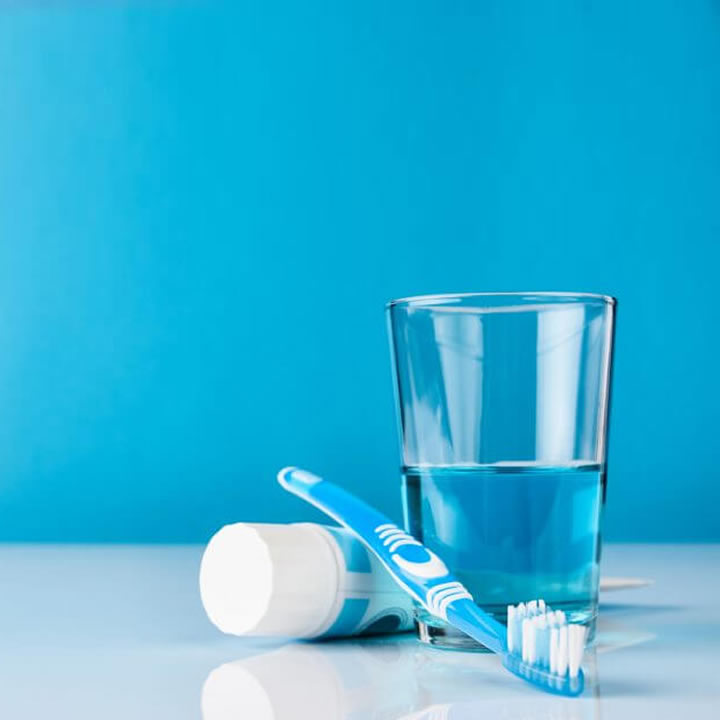Brushing and oral hygiene are the most effective ways to prevent oral health problems like gingivitis. You are better able to deal if you have mouthwash in the process. Mouthwash is an essential tool in preventing and treating dental erosion, gingivitis, and the awareness of positive gums and teeth.
You can maintain your teeth safe and odor-free by cleaning, flossing, and using mouthwash on a regular basis. Mouthwash is helpful for something other than maintaining your breath fresh and breathing nice. It may help avoid stains, cysts, gingivitis, and other gum diseases combined with other types of dental hygiene. However, picking the appropriate mouthwash off the shelf can be challenging for you.
The following are the tips to choose the right mouthwash:
Carefully pick the antibacterial mouthwash:
Disinfectant mouthwashes contain chemicals that aid in the treatment of tooth decay and other illnesses. Many types of mouthwash possess minute quantities of these antimicrobials; however, certain mouthwashes are specially designed to combat infectious diseases. Consider that mouthwash is a preventative measure, not a remedy, so if you are currently suffering from a viral infection, please contact your dentist as soon as possible. You can also give a try to organic mouthwash if you find industrial mouthwash harsh to your mouth.
Check the amount of alcohol used in mouthwash:
Alcohol in mouthwash acts as an antibacterial, removing germs and certain infectious diseases from the mouth. Besides that, if you suffer from dry mouth, alcohol can aggravate the condition. If this really is the issue, you should think about using an alcohol-free mouthwash. This will relieve the drying impact of the alcohol source in your mouth. If you have children, you should get an alcohol-free children’s mouthwash since children are susceptible to drinking the substance, resulting in adverse side effects. And if you are a person using mouthwash, you can stop swallowing it if it contains alcohol.
Check the fluoride level in mouthwash:
Fluoride has always been the topic of several controversies in the field of dental health. In the United States, drinking water also contains trace quantities of fluoride to improve oral hygiene. Whether this is the truth, you do not have to use a fluoride mouthwash. On the other hand, Fluoride forms a defensive coating over the teeth that defends against crack blockages if you are susceptible to them.
It also aids in strengthening the enamel over the teeth, the maintenance of good oral hygiene, and the preservation of your teeth for the rest of the time. Check for a mouthwash that includes anti-plaque components if you need a mouthwash that not only controls stinky breath but also tends to avoid plaque formation on the teeth.
If you have sensitive teeth, then be careful while picking a mouthwash:
Some people, particularly those with sensitive teeth, find the additives in mouthwash unpleasant. Often, people who do not normally notice sensitive teeth may notice that their teeth are more responsive for a short period after a dental procedure.
Try using an alcohol-free or herbal mouthwash in your dental hygiene protocol if you’ve had a sensitive mouth. For a calming effect, organic mouthwashes frequently contain substances such as aloe vera and chamomile.

